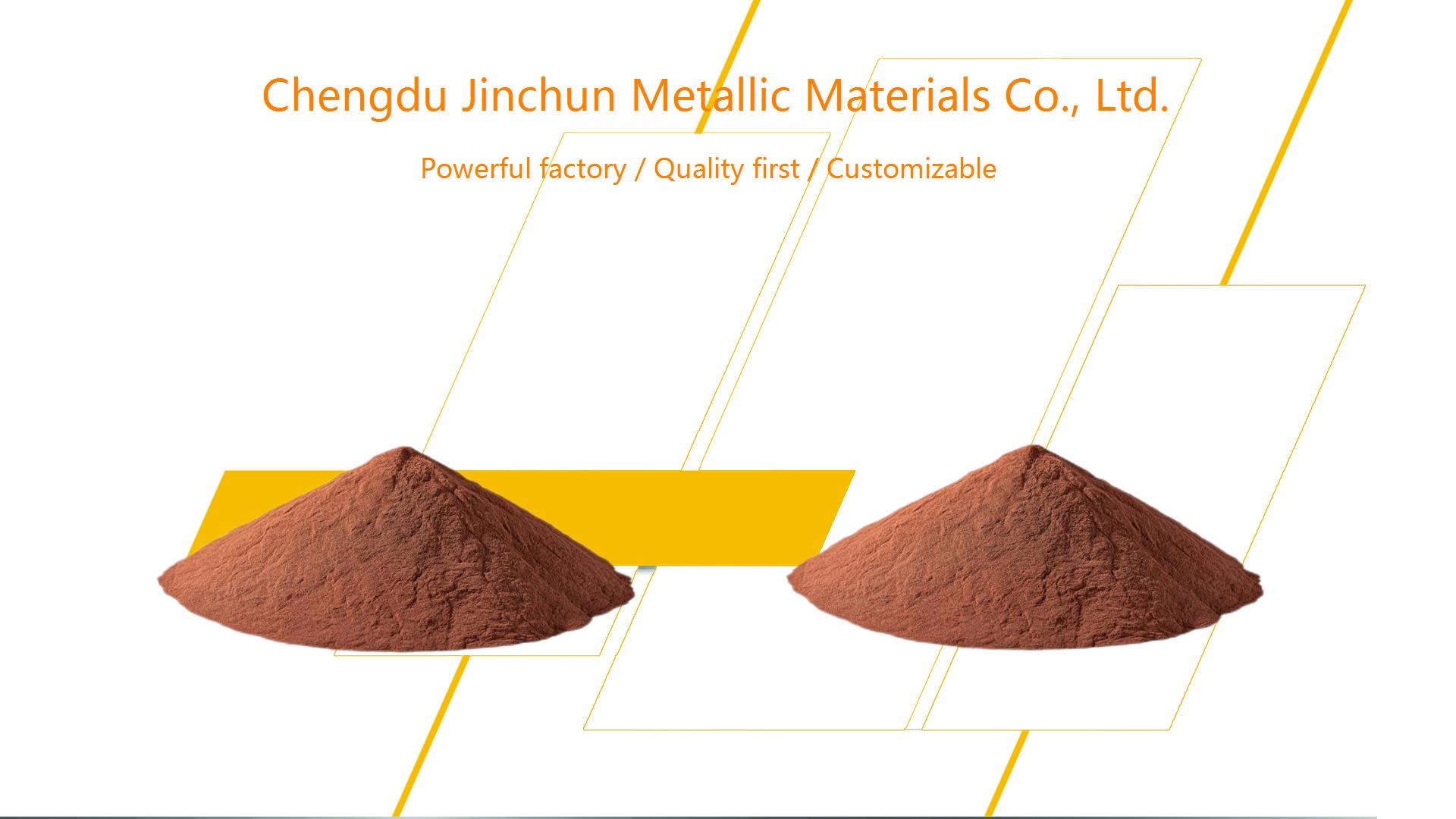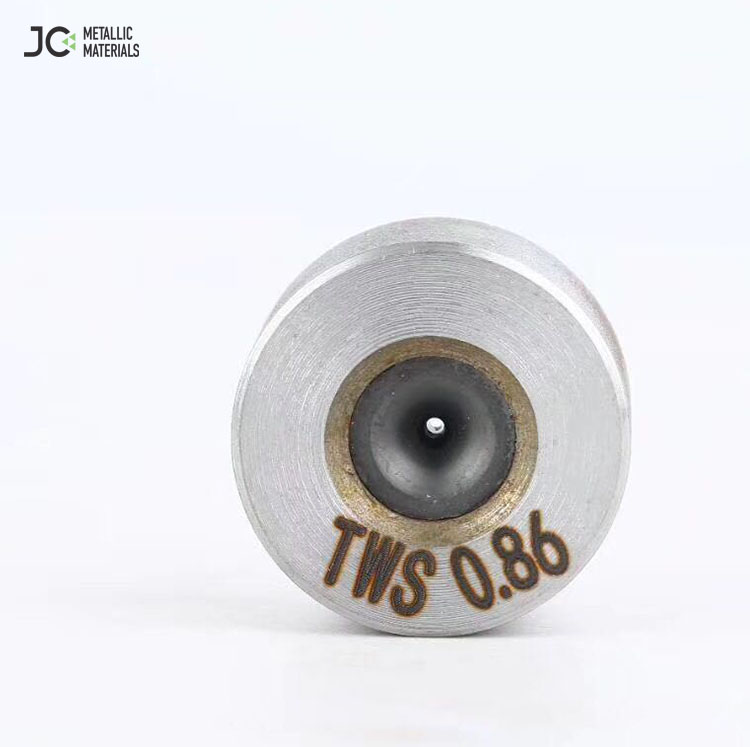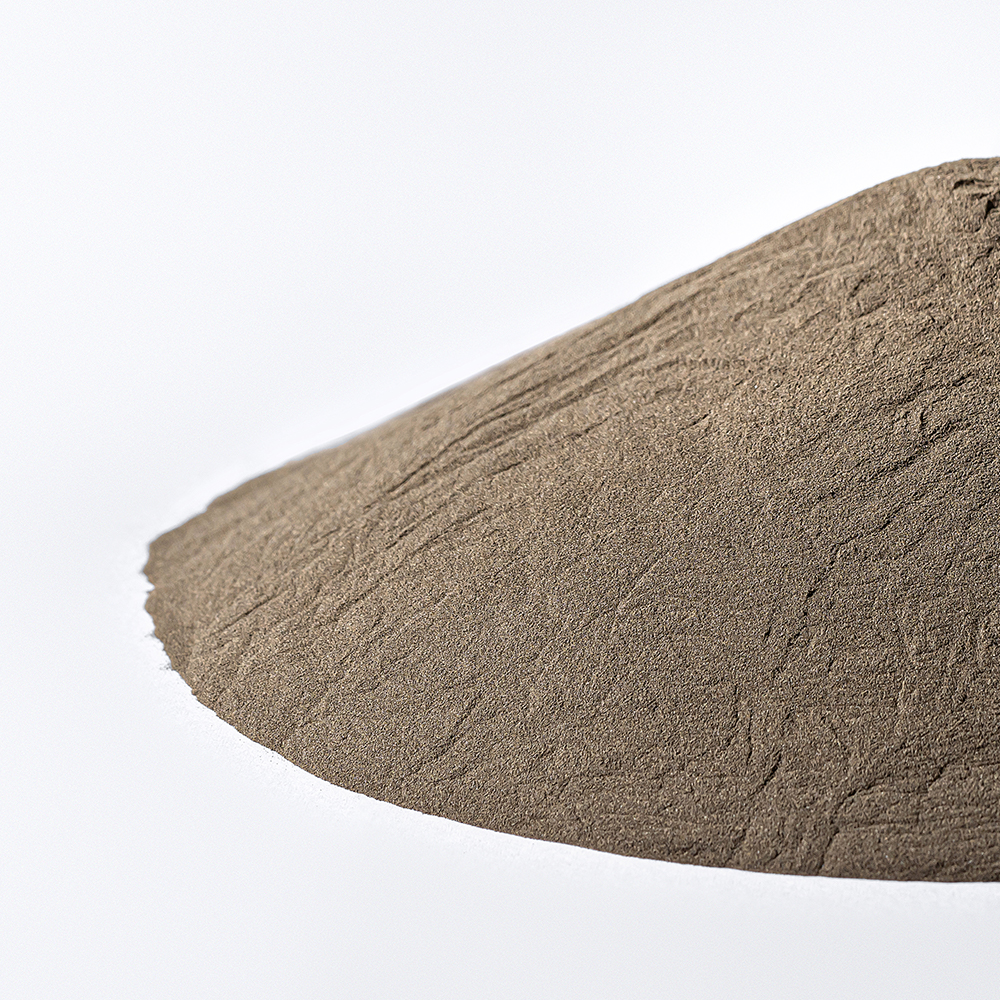
Sodium Alginate in 3D Printing for Biomedical Applications
Introduction to Sodium Alginate
Sodium alginate is a naturally occurring polysaccharide extracted from brown seaweed, and it has gained significant attention in recent years for its use in various biomedical applications. Its biocompatibility, biodegradability, and ability to form gels in the presence of calcium ions make it an ideal material for 3D printing in the healthcare industry. Sodium alginate is especially useful in the creation of scaffolds for tissue engineering, drug delivery systems, and wound healing, where the material’s ability to mimic the extracellular matrix (ECM) is of paramount importance.
In the realm of 3D printing, sodium alginate has been extensively researched due to its versatility in forming stable hydrogels that can be manipulated to achieve a wide variety of structures, from simple scaffolds to complex tissue models. As the demand for advanced biomedical solutions grows, sodium alginate’s potential to revolutionize healthcare becomes increasingly apparent.
Sodium Alginate in 3D Printing for Biomedical Applications
1. Properties of Sodium Alginate
Sodium alginate is known for several critical properties that make it particularly suitable for biomedical 3D printing applications:
- Biocompatibility: Sodium alginate is highly compatible with human tissues and does not elicit an immune response, making it an ideal material for implantable devices or drug delivery systems.
- Biodegradability: The material naturally degrades over time, ensuring that any scaffolds or structures it forms can safely degrade in the body without leaving harmful residues.
- Gel Formation: Sodium alginate’s ability to form hydrogels in the presence of divalent ions such as calcium allows it to be processed easily into various shapes. This gel formation ability is a key feature in 3D printing, allowing for the precise creation of complex structures.
- Viscosity and Printability: Sodium alginate solutions exhibit the right level of viscosity, making it easy to extrude during the 3D printing process, whether in a bioprinting or traditional extrusion-based 3D printing setup.
Applications of Sodium Alginate in 3D Printing
1. Tissue Engineering
One of the most exciting applications of sodium alginate in 3D printing is in the field of tissue engineering. In this area, sodium alginate is used to create scaffolds that serve as a temporary structure for the growth of new tissue. These scaffolds mimic the extracellular matrix (ECM), providing both mechanical support and biological cues to cells.
- Cell Encapsulation: Sodium alginate is often used in 3D bioprinting for the encapsulation of cells. The material can be printed as a hydrogel, allowing cells to be embedded within the structure and providing them with a controlled environment for growth and differentiation.
- Cartilage Regeneration: Sodium alginate-based hydrogels are commonly used in the creation of cartilage-like tissues. The material’s ability to provide a supportive environment for chondrocytes (cartilage cells) has been widely studied in the development of treatments for cartilage damage or degeneration.
2. Drug Delivery Systems
Sodium alginate’s ability to form a gel network makes it an excellent candidate for controlled drug release systems. The material’s hydrophilic nature and biodegradability allow it to carry and gradually release pharmaceutical compounds over a prolonged period.
- Oral Drug Delivery: Sodium alginate is often used to create capsules or films that protect drugs from the acidic environment of the stomach and release them slowly in the intestines.
- Injectable Hydrogels: In addition to oral drug delivery, sodium alginate can be used in injectable forms, where it forms a gel at body temperature, enabling targeted and localized delivery of drugs to specific areas in the body.
3. Wound Healing
The use of sodium alginate in wound healing is another significant application. Sodium alginate-based dressings are used to treat a variety of wounds, including burns, chronic ulcers, and surgical wounds.
- Moisture Retention: Sodium alginate hydrogels maintain a moist environment around the wound, which promotes faster healing and reduces the risk of infection.
- Antibacterial Properties: Some sodium alginate formulations are combined with antimicrobial agents, further enhancing their wound-healing potential by preventing infection in the healing tissue.
- Biodegradable Wound Dressings: The material’s biodegradability allows for wound dressings that do not require removal, as the dressing will naturally degrade as the wound heals.
4. Bone Tissue Engineering
Sodium alginate-based scaffolds have shown promise in the field of bone tissue engineering, where the goal is to repair or replace damaged bones. These scaffolds provide the necessary structural support while facilitating the growth and mineralization of bone cells.
- Osteoinductive Properties: By incorporating bioactive molecules, such as growth factors, into the sodium alginate scaffolds, researchers can encourage osteoblast (bone cell) differentiation and accelerate bone tissue formation.
- Customized Bone Implants: 3D printing with sodium alginate allows for the production of patient-specific bone implants, which can be tailored to the exact shape and size of a defect or injury.

Jinchun: Leading Metal Powder Manufacturer in Biomedical Applications
Jinchun is a renowned manufacturer specializing in high-quality metal powders, and the company has extended its expertise into the realm of biomedical applications. While Jinchun is primarily known for its work in metal powders used in industrial processes, it also focuses on providing advanced materials for biomedical innovations, such as 3D printing for healthcare.
Through its advanced production technologies and commitment to quality, Jinchun supplies powders that are vital for the creation of biocompatible, high-performance implants and devices used in medical treatments. These metal powders can be incorporated into 3D printing systems alongside materials like sodium alginate to create hybrid scaffolds that combine the structural benefits of metals with the biocompatibility and degradability of alginates.
Jinchun’s Role in 3D Printing with Sodium Alginate
Jinchun’s involvement in the 3D printing sector includes providing essential materials that enable the integration of metal and polymer-based composites. Their high-performance metal powders are often combined with biocompatible materials like sodium alginate to develop scaffolds that mimic both the mechanical and biological properties of human tissues.
- Metal-Polymer Hybrid Scaffolds: By combining Jinchun’s metal powders with sodium alginate, researchers can create scaffolds that offer improved mechanical strength while still maintaining the bioactivity and degradability needed for effective tissue regeneration. These hybrid materials can be used in complex tissue engineering applications such as bone, cartilage, and vascular tissue formation.
- Precision Manufacturing: Jinchun’s advanced powder metallurgy techniques ensure that the metal powders used in these composites are of the highest quality, with optimal particle sizes and purity levels that ensure successful integration into 3D printing processes. This precision allows for the fabrication of highly detailed, patient-specific implants and scaffolds.
Future Directions in Sodium Alginate and 3D Printing for Biomedicine
The field of 3D printing for biomedical applications is rapidly advancing, and sodium alginate’s role in this development is continually expanding. In the coming years, we can expect to see:
- Enhanced Printability and Precision: Research into the modification of sodium alginate’s properties will allow for even more precise control over its printability and gelation process, enabling more complex tissue structures to be created.
- Multi-Material Printing: The integration of sodium alginate with other biomaterials, including hydrogels, ceramics, and metals, will create multi-material scaffolds that offer a more comprehensive solution for regenerative medicine.
- Personalized Medicine: 3D printing with sodium alginate will become increasingly important in the development of patient-specific models and implants, helping to address individual medical needs more effectively.
As the capabilities of 3D printing continue to evolve, sodium alginate will remain at the forefront of bioprinting technology, enabling new breakthroughs in the treatment of various medical conditions and improving the quality of patient care.


_6258副本-2.jpg)



